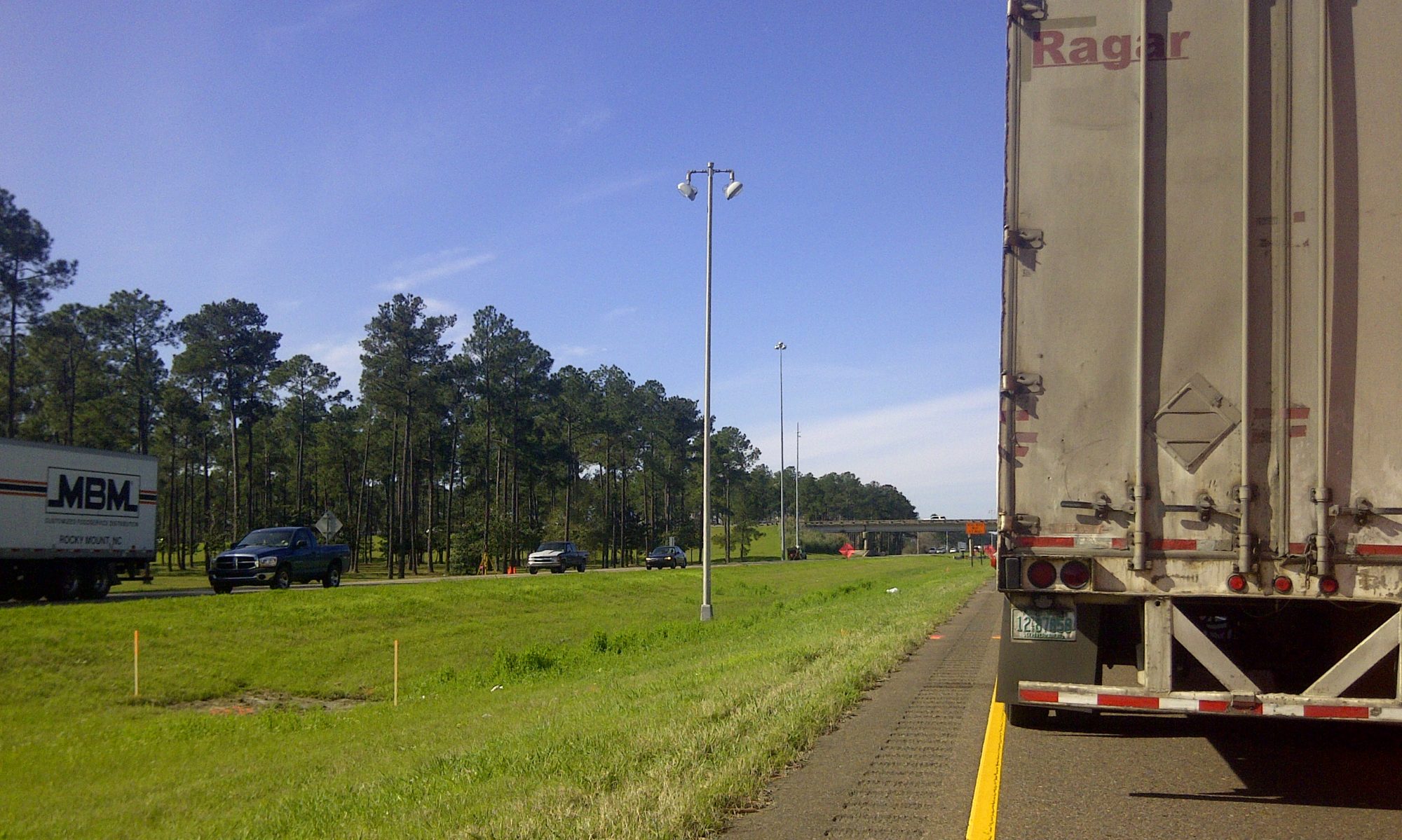When I was younger I read the story of the three vinegar tasters in “The Tao of Pooh“. What does vinegar taste like maybe a question for a cooking class, but as a researcher, its relevance is more important as “why do people need this information”. Everyone who is asking a question does so for many reasons, but they can be grouped into some very large clusters:
- information to impress (everyone wants HUGE numbers),
- wisdom to inform a decision maker (help make a decision), or
- to satisfy a program requirement (support a decision already made).
As a researcher, people come and ask you for a question to be answered. The challenge is you may have to help them ask the correct question, which sometimes they may not understand why formulating their request remains a critical step for a successful study. In the short story, “Ask A Foolish Question”, by Robert Sheckley, there is a machine capable of answering any question, named the “Answerer”. The problem is that people asking do not know as much as the computer (or in some cases, the researcher’s knowledge on the topic). The Questioner must know something about the answer for the Answerer to provide the correct information. In some ways, every researcher must learn how to pass on information, but they must also inform the people asking the question to help them both format their question and understand the answer. (Richard Feynmn would argue if you can’t explain it to a five-year old, do you really understand the topic?) Sometimes people feel like Ralph where there is too much ambiguity to even phrase the question.
In helping people frame their research, often we simply have to listen, asking them what they want and how will they use the information. Oftentimes this becomes a collaborative process between the answerer and the asker.
With the advent of the internet, many assume the information they seek is readily available, often ignoring the work and effort it takes to transform data into something useful, This failure to understand could lead to the discounting of the work associated with exploring the question, assisting in organizing the research, and providing a satisfying answer. So, please a little patience goes a long way for everyone to agree on how vinegar should taste.






